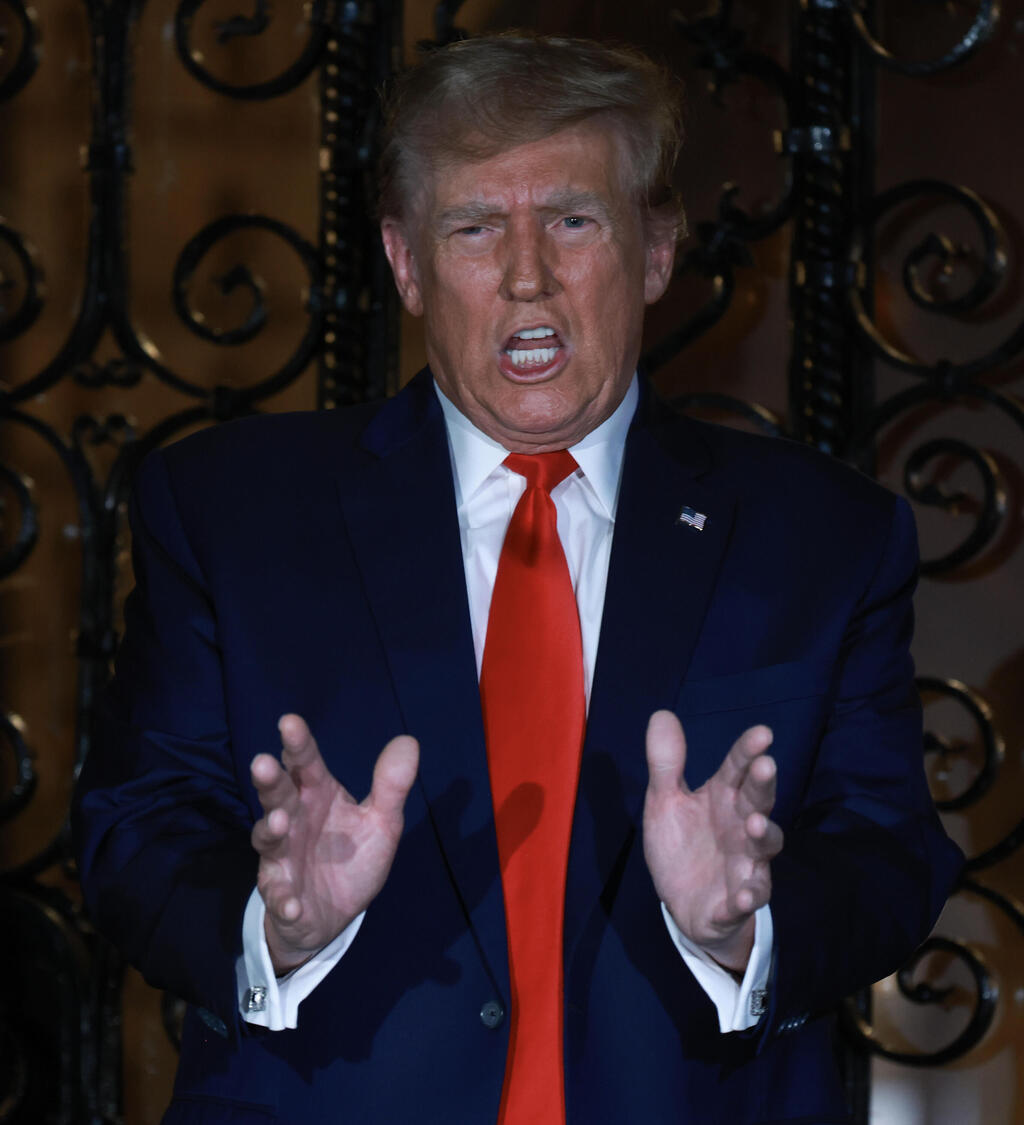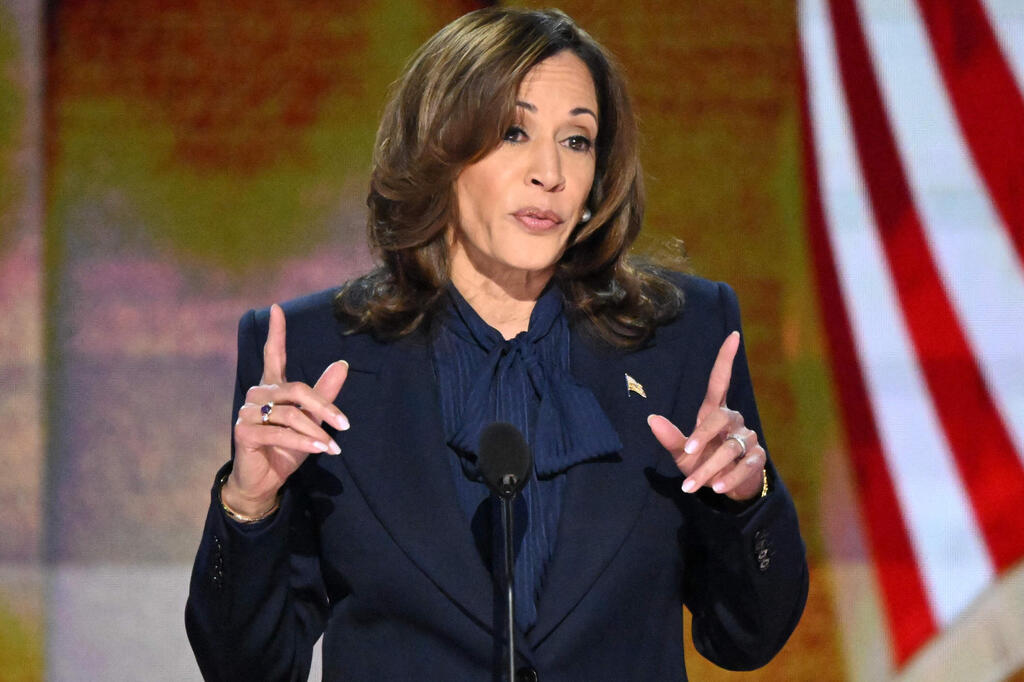In its characteristic flair for grandeur, America orchestrated its political pageantry in Chicago at the Democratic Party's national convention, showcasing a tableau of determined victors shedding the melancholic aftermath of the twilight of the Biden era. The sentiment was palpable: The president’s direction seemed to steer them toward inevitable defeat against a bloviating Trump who continues to inject his impulsive rhetoric into the American bloodstream.
Kamala Harris emerged as the torchbearer, her ascent met with enthusiastic applause interspersed with sighs of relief. Suddenly, the Democratic Party morphed from a monochrome state of gray into a colorful Van Gogh. Yet, as the festival lights dimmed, the hard-hitting questions began to surface.
Harris delivered a masterful narrative, articulating her values and the compelling life story from which she emerged. Her speech resonated with a fighting spirit, casting her as the formidable opponent capable of dismantling Trump’s ignorance, misogyny, bullying and xenophobia with a sharp, sometimes ruthless, wit. Democrats felt invigorated, finding in her someone to rally and run alongside.
That said, Harris has yet to unveil a coherent economic blueprint or a comprehensive social agenda. While the joy factor is critical, motivating people to vote and be part of the celebration, the ultimate determinant of election outcomes remains the economy. To date, the vice president has not engaged in a structured interview to delineate her policy outlines clearly; she has not convened a press conference to field a barrage of pertinent questions from journalists, nor has she addressed inquiries during her comings and goings from various airplanes.
She navigates cautiously between the Muslim community, which she seeks to win over, and the Jewish community, whose support she does not wish to lose
America’s choice will hinge on economic forecasts. Undecided voters seek assurance from Harris on how she plans to ensure financial stability, enable affordable fuel, put food on the table and save for college education. Polls suggest she leads Trump as the Democratic candidate, but the total is still within the margin of error; in other polls it is slightly more. Any shift in key states could alter the outcome.
When America heads to the polls the electorate shows little interest in candidates' foreign policy stances. The conflict in Gaza barely scratches the voter’s consciousness, nor does the protracted war in Ukraine. Harris and Biden are laboring tirelessly to broker a ceasefire between Israel and Hamas and secure a hostage deal. Their efforts primarily aim to avert a full-scale war in the Middle East, a scenario detrimental to Democrats in the race’s final stretch.
2 View gallery


Trump also has not presented a clear idea on how to handle the economy
(Photo: Joe Raedle / Getty Images)
A U.S. law prohibits arming nations that misuse their weaponry excessively or without sufficient regard to the safety of local populations. Biden has refrained from enforcing this law, continuing arms supplies to Israel. Should Harris ascend to the presidency, she is expected to enforce this law; it is on her agenda, with advisors recommending this course. Currently, she navigates cautiously between the Muslim community, which she seeks to win over, and the Jewish community, whose support she does not wish to lose.
Yet, the crux of the matter lies in financial recovery and an economy that rekindles hope for the beleaguered middle class. If Harris does not champion this cause now, she risks penning a dreary chapter in modern American history: the narrative of how an orange, convicted, unfit president triumphed over a skilled and well-intentioned Black female candidate poised to propel America and the world forward.



